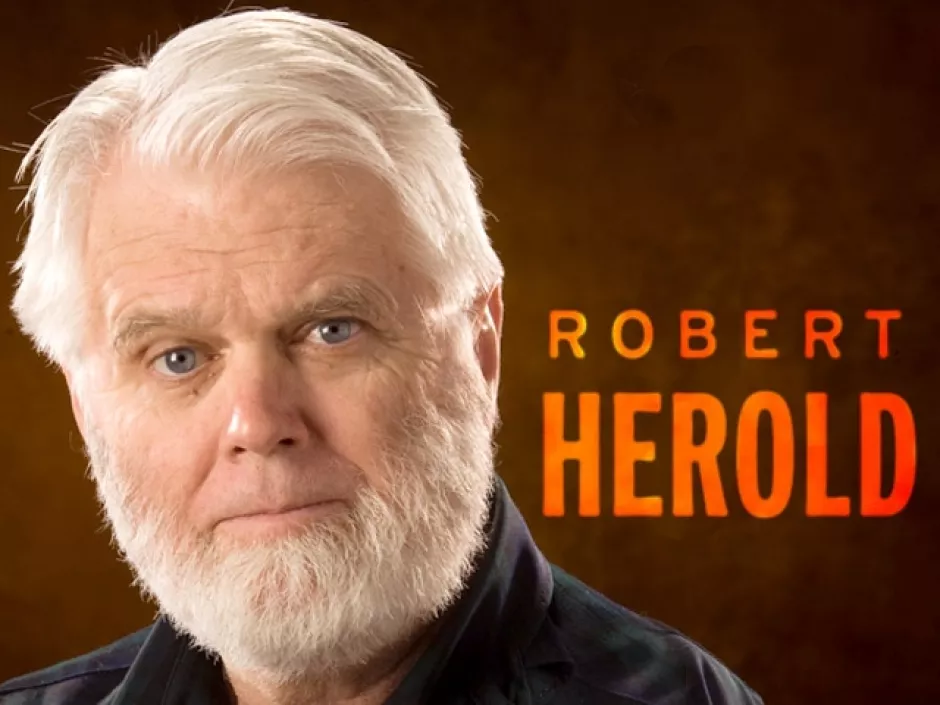The 2008 Supreme Court ruling on District of Columbia v. Heller is an example of a bad case making even worse law. The D.C. law overreached — it banned ownership of guns, except those grandfathered in, and even those were to be “unloaded, disassembled or bound by a trigger lock.” Unless the Court just wanted any case, regardless of merit, to serve as a vehicle for making a much more fundamental point, it should have sent D.C. back to the drawing board for a rewrite. That law was silly.
Let’s say you confront a bad guy in your house. What are you supposed to do? “Hey fella, wait while I assemble my .38 special.” What’s the point? But rather than pass, the Court used it to create an even worse law. Its ruling declared that the Second Amendment guarantees a personal right rather than a collective right.
Antonin Scalia, who wrote for the majority, claims to be an originalist; he borrowed this costume from the late Justice Robert Bork. James Boyle, professor of law at Duke, has taken much of the bloom off Bork’s academic rose. He observes that Bork had been successively “a libertarian, a process theorist, a devotee of judicial restraint, a believer of neutral principles, a ‘law and economist’ and an advocate of two distinct forms of originalism.” He also points out that at each step along the way, Bork claimed that it was his way (whichever way that happened to be at the moment) or the unprincipled way.
Scalia’s “original meaning” test having been exposed, why not leave the issues it creates and just move on to what Scalia actually wrote. Consider two pertinent excerpts:
…nothing in our opinion should be taken to cast doubt on longstanding prohibitions on the possession of firearms by felons and the mentally ill, or laws forbidding the carrying of firearms in sensitive places such as schools and government buildings, or laws imposing conditions and qualifications on the commercial sale of arms.
From this, can we not assume that Scalia would have no problem with background checks, nor restrictions as regards where and when one can bear arms? Here’s the second excerpt from the D.C. v. Heller ruling:
We also recognize another important limitation on the right to keep and carry arms. Miller said, as we have explained, that the sorts of weapons protected were those “in common use at the time.” … We think that limitation is fairly supported by the historical tradition of prohibiting the carrying of “dangerous and unusual weapons.”
Might we now further agree that the Court would have no trouble at all with laws banning semi-automatic rifles? They would seem to qualify as both dangerous and unusual. From here it is just a hop and skip to ban those mega-round magazines and the use of certain kinds of ammunition.
Scalia bases his “original meaning” argument mostly on English common law — he quotes 18th century English jurist William Blackstone over and over again, while making just two references to James Madison (who just happened to have written the Second Amendment). But given Scalia’s use of Common Law as the beacon of understanding, and given that he agrees to accept the English as arbiters of its meaning, how is it that Great Britain has some of the most restrictive gun regulation anywhere on Earth?
In response to that ubiquitous American bumper sticker, “Guns Don’t Kill People, People Kill People,” our English cousins might respond with their usual dry wit: “Oh, I say old chap, about that bumper sticker — just so much drivel, don’t you think? People pull the triggers — guns don’t just blast away on their own, now do they?”
As Scalia relies on the British for his reasoning, here’s a fact: The United Kingdom’s rate of gunshot deaths per thousand is one-fortieth of what we experience here in the land of the free. And since 9/11, when nearly 3,000 were killed, we have witnessed upwards of 300,000 gunshot deaths in America — and double that in injuries.
James Madison, the original originalist, would, I believe, suggest that we get back in touch with historical originalism, as distinct from Bork and Scalia’s when-it-suits-them originalism. So yes, let’s get back in touch with what the English actually gave us — a legal tradition that allowed Great Britain to pass sensible gun regulations, with good results. I refer to what Justices Stephen Breyer and John Paul Stevens would call “a living Constitution.”

















